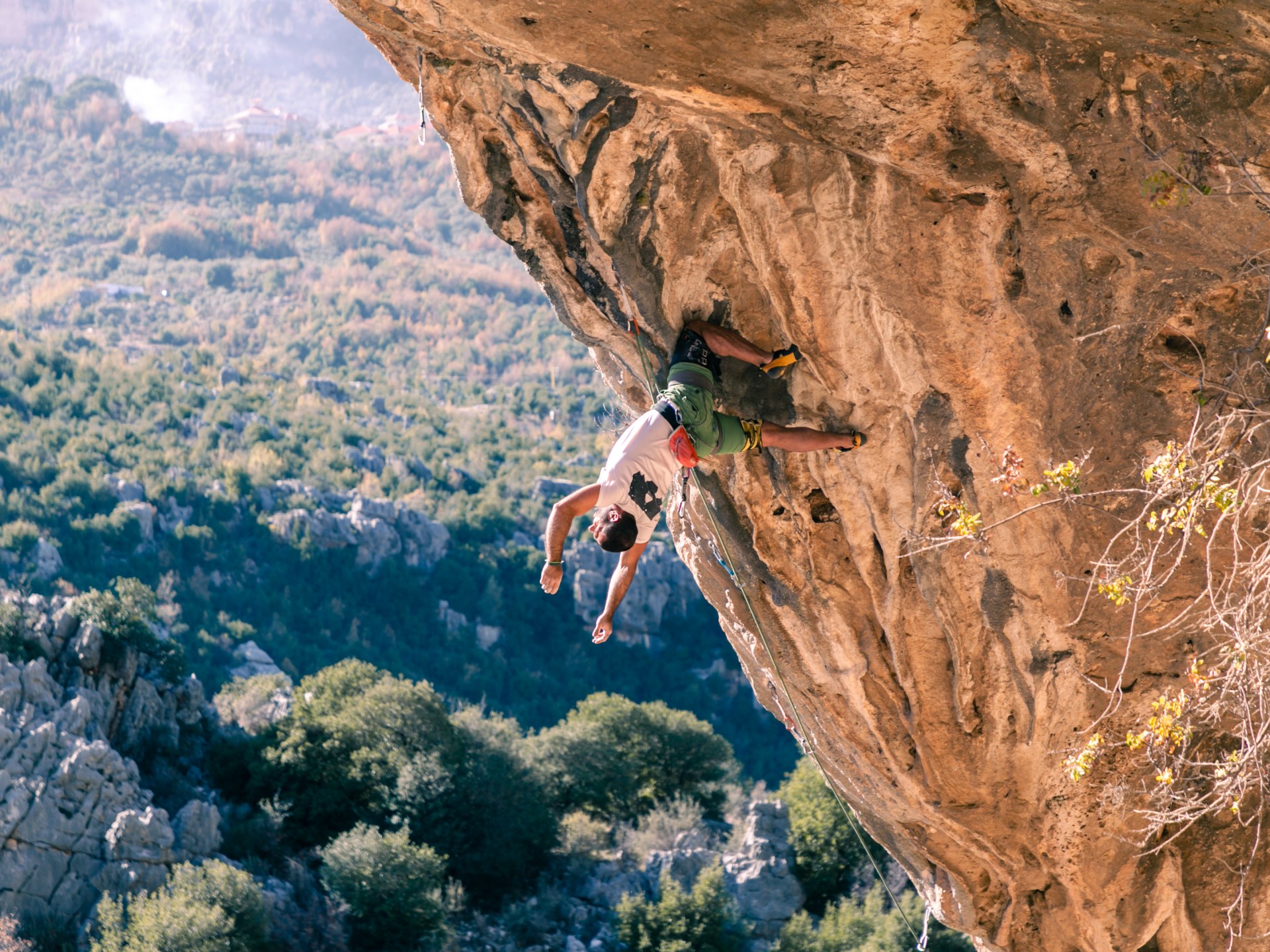An Israeli tank crew “likely” opened machinegun fire on an identifiable group of journalists near the border with Lebanon who were also targetted by shelling, a new report has found.
The report on the October 13 attack, published on Thursday by the Netherlands Organisation for Applied Scientific Research (TNO) and commissioned by Reuters, found that a tank 1.34km (0.83 miles) away in Israel fired two 120mm rounds at the reporters with a heavy machinegun in a nearly two-minute onslaught.
One Reuters reporter was killed in the attack and six journalists were injured, including two from Al Jazeera.
Audio picked up by an Al Jazeera video camera at the scene showed the reporters also came under fire from 0.50 calibre rounds of the type used by the Browning machineguns that can be mounted on Israel’s Merkava tanks – likely from the same point as the tank, TNO revealed.
“It is considered a likely scenario that a Merkava tank, after firing two tank rounds, also used its machinegun against the location of the journalists,” TNO’s report said.
“The latter cannot be concluded with certainty as the direction and exact distance of [the machine gun] fire could not be established.”
The journalists were filming cross-border shelling from a distance in an open area on a hill near the Lebanese village of Alma ash-Shaab when they came under fire.
Al Jazeera cameraperson Elie Brakhia and reporter Carmen Joukhadar, and two other Reuters journalists were among the group.
The first shell killed Reuters visuals journalist Issam Abdallah, 37, and severely wounded Agence France-Presse (AFP) photographer Christina Assi.
Calls for investigations
Israel’s military said it was investigating the attack but the results have not been made public.
The journalists were deliberately targeted, Reporters Without Borders (RSF) said in an earlier report, although it did not attribute responsibility to Israel.
“Two strikes in the same place in such a short space of time (just over 30 seconds), from the same direction, clearly indicate precise targeting,” RSF said, citing preliminary results of an investigation based on video footage and ballistic analysis.
Reacting to TNO’s report, Reuters’s editor-in-chief Alessandra Galloni condemned the attack on the journalists in a statement and called for an Israeli investigation.
“We reiterate our calls on Israel to explain how this could have happened and to hold those responsible to account,” she said.
Ihtisham Hibatullah, Al Jazeera’s manager of international communications, also urged the Israeli government to disclose the findings of its own investigation, adding that the “incident strongly indicates intentional targeting, as confirmed by investigations, including by TNO”.
AFP global news director Phil Chetwynd said: “If reports of sustained machine gun fire are confirmed, this would add more weight to the theory that this was a targeted and deliberate attack.”
Mounting attacks on the press
Israel’s war on Gaza is one of the deadliest on record for journalists, with more reporters killed in the first 10 weeks following October 7 than have ever been killed in a single country over an entire year, according to the Committee to Protect Journalists (CPJ).
The group said this week it had “found multiple kinds of incidents of journalists being targeted while carrying out their work in Israel and the two Palestinian territories, Gaza and the West Bank”.
Al Jazeera cameraperson Samer Abudaqa was killed by an Israeli strike on December 15 while reporting at the Farhana school in Khan Younis, southern Gaza. He was left to bleed to death as emergency workers were blocked by the Israeli military from reaching the site.
Wael Dahdouh, the network’s Gaza bureau chief who earlier lost his wife, son and daughter in a single attack, was also injured in the assault.
In January, an Israeli missile hit a vehicle carrying Hamza Dahdouh, the eldest son of Wael Dahdouh in the western part of Khan Younis, killing him. Dahdouh was traveling with fellow journalist Mustafa Thuraya who was also killed.
As of last month, at least 99 journalists – most of them Palestinian – have been killed since the start of the war on Gaza on October 7, according to the CPJ.

